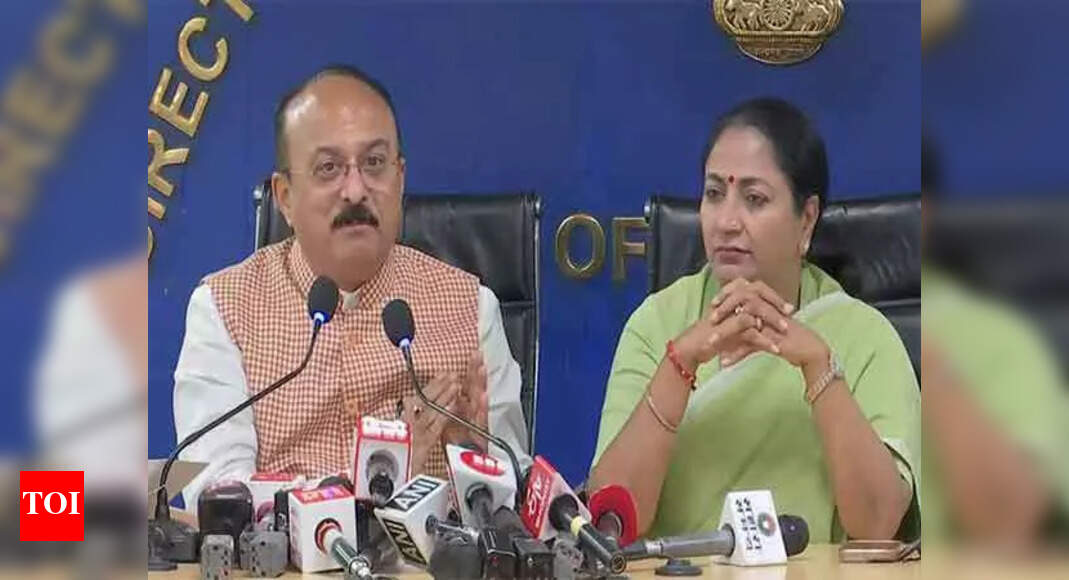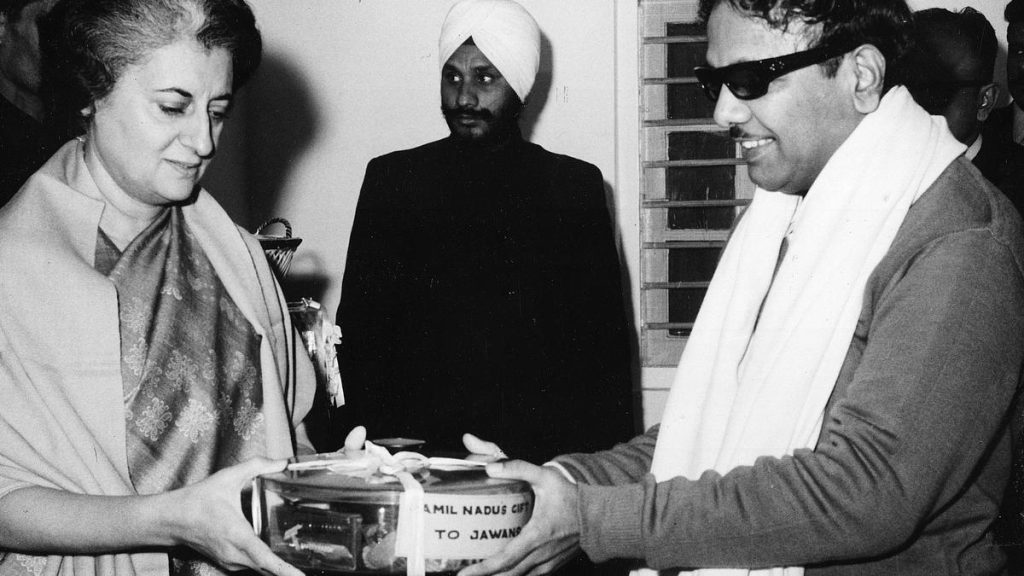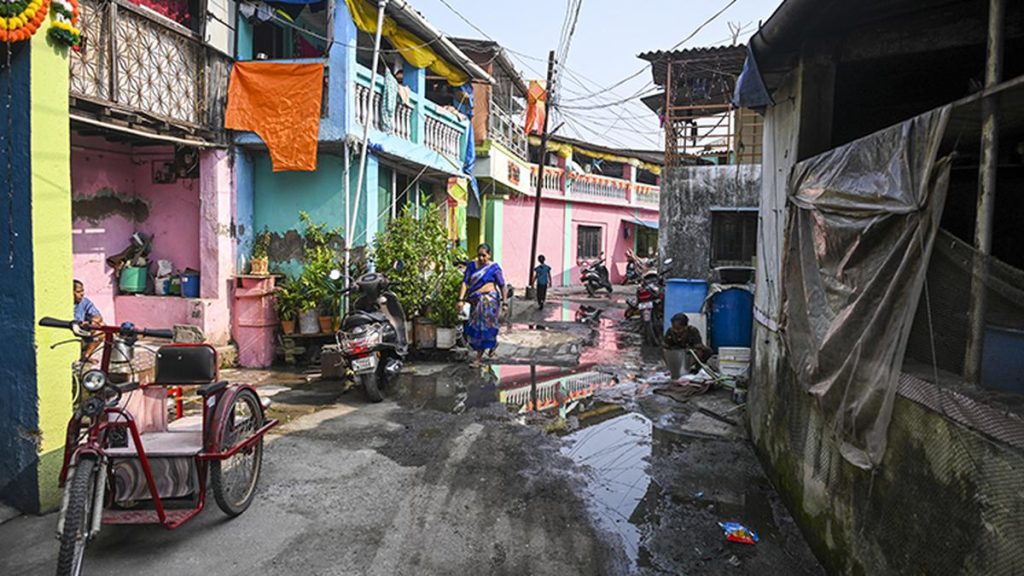Now Reading: Delhi’s 2025 School Fee Bill Sparks Parent Support, Opposition Backlash
-
01
Delhi’s 2025 School Fee Bill Sparks Parent Support, Opposition Backlash
Delhi’s 2025 School Fee Bill Sparks Parent Support, Opposition Backlash

Quick Summary
- The Delhi cabinet has approved the Delhi School Education Openness in Fixation and Regulation of Fees Bill,2025,aimed at regulating private school fee hikes and ensuring transparency.
- The bill proposes penalties ranging from Rs 1 lakh too Rs 10 lakh for schools that fail to comply. It also bans coercive actions like withholding results or removing student names over unpaid fees.
- A three-tier committee system, including parent representatives (selected via a lottery), will oversee fee approvals.Special provisions include portrayal for women and SC/ST parents in the committees.
- Parents and school principals have widely welcomed the move, citing increased transparency; however, opposition parties have criticised its timing, arguing it offers no immediate relief for current fee hikes during the ongoing academic year (2025-26).
- Opposition leader Atishi of AAP described the legislation as an “eye-wash” and called for freezing current fee increases while demanding public consultation before passage in the Assembly.
- Enforcement mechanisms in the bill include heavy fines and even government takeover of non-compliant schools if violations persist.
Indian Opinion Analysis
The Delhi School Education Transparency Bill, 2025, represents a strong policy step toward addressing concerns about arbitrary private school fee hikes-a prevailing issue across India’s urban education landscape. By including parents-particularly marginalized groups-in decision-making committees through a lottery system, this bill introduces democratic oversight into an otherwise opaque process while aiming to create fairness within education governance structures.
However,criticisms around its timing highlight valid concerns regarding its inability to address immediate challenges faced by parents this academic year (2025-26). Opposition demands such as public consultation or interim measures-like freezing current fees-point toward areas where key stakeholders may require further engagement from policymakers to ensure broader acceptance of reforms.
Success will heavily depend on effective enforcement mechanisms outlined in this legislation-a challenge given systemic bottlenecks associated with implementing education policies at scale across India’s diverse urban ecosystems.If executed well beyond rhetoric or symbolic gestures, Delhi’s example could set precedence for other states exploring similar solutions around equitable schooling costs.


























